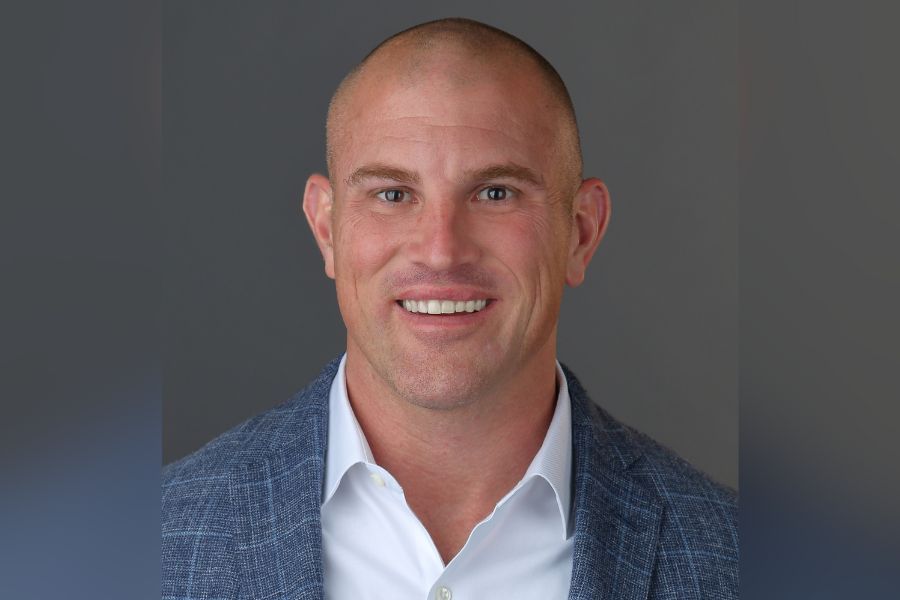Behavioral finance gaining traction on the conference circuit
Behavioral finance is the hot topic at financial advisory conferences.
Financial professionals are trying to push behavioral finance beyond a set of theories about why investors make the wrong financial decisions toward helping clients overcome their money-losing tendencies.
One example of a recent spotlight on the issue: the National Association of Personal Financial Advisors’ spring conference is focused on “shaping behavior.” NAPFA has brought leading speakers in the behavioral finance field (and this reporter after multiple airport reroutes) to Salt Lake City, Utah. The conference opened today with financial writer Nick Murray imploring advisers to become behavioral investment counselors.
“It’s the only hope that America has [to help the] biggest generation of Americans who have ever lived from not outliving their money,” Mr. Murray said.
I covered a session featuring Mr. Murray yesterday at the Loring Ward adviser conference in Washington, and have seen behavioral finance topics crop up more often than ever on conference agendas — it’s not just NAPFA that’s focused on practical approaches to behavioral analysis.
Earlier in May, the CFA Institute’s annual conference in Seattle hosted Carl Richards as the opening keynote speaker to address recognizing emotionally driven investment mistakes. And two other recent conferences, Limra’s Retirement Industry Conference in Chicago in April and the Investment Management Consultants Association’s annual conference in Boston in early May, addressed using behavioral finance to improve investor behavior with regard to retirement savings and planning.
Is the momentum behind a financial adviser’s responsibility to acknowledge and work around clients’ behavioral hurdles finally gaining speed? If so, how does this responsibility change an adviser’s core function?
Such a role requires advisers to stop talking to clients about “alpha” and to start giving them long-term historical perspective about the markets, developing lifetime investment plans and stopping them from making disastrous investment decisions, like selling their equities during volatile periods, Mr. Murray said Wednesday.
Advisers should be willing to walk away from clients resistant to taking their investment advice.
“Train yourself to turn away from people who won’t listen,” Mr. Murray said.
The three-day NAPFA conference features more than half a dozen sessions focused on behavioral finance, and concludes Friday with a presentation by Meir Statman, one of the nation’s premier behavioral finance scholars. Mr. Statman is a finance professor at Santa Clara University and wrote “What Investors Really Want” (McGraw-Hill, 2010), which describes how investors can make smarter investment choices.
NAPFA focused this year’s conference on how advisers can use behavioral finance principals to guide investors towards better decisions because “it’s the biggest impact that advisers can have with investors at this point,” said Robert Gerstemeier, a conference planner and chair-elect of the association. The founder of Gerstemeier Financial Group will begin his tenure on Sept. 1.
Ken Donaldson, a therapist with Mental Health Counselors, explained on Wednesday to NAPFA attendees that clients who ask lots of picky, technical questions that make advisers feel like these clients are questioning their advice probably really need emotional reassurance about their financial decisions.
He also recommended that advisers with clients who habitually put off difficult decisions, like estate planning, do a “fast-forward” with them and ask: “What’s your situation going to look like in five years if we are still having this conversation? Will you be where you want to be?”
On Thursday, Richard Kahler, president of the Kahler Financial Group, will discuss how to rewire a client’s money mindset and Cheryl Sherrard, director of financial planning at Clearview Wealth Management, will address preparing clients for “messy stages” of life in order to change their behavior.
Stay tuned for more coverage!
Learn more about reprints and licensing for this article.








